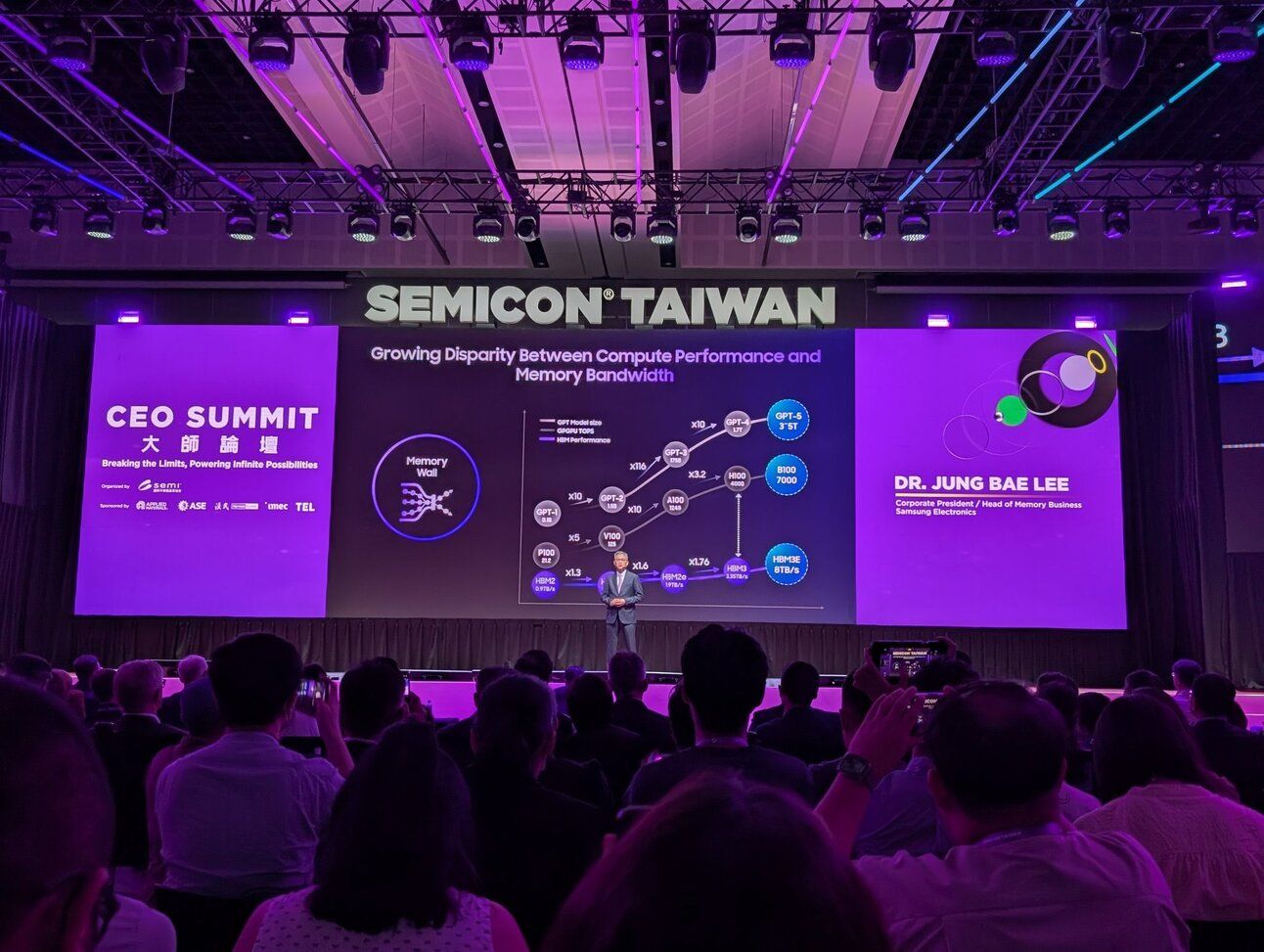Gavin Crooks: How Normal Computing Solves Linear Algebra Problems With Thermodynamics
Unlike traditional microprocessors, which rely on binary logic and electrical circuits to process information, thermodynamic computing leverages the natural tendency of physical systems to minimize energy and reach equilibrium states for computing.
We had the pleasure of speaking with Gavin Crooks, research scientist at Normal Computing, about how they built a prototype thermodynamic computer to solve linear algebra problems faster and more efficiently and pave the way to probabilistic machine learning beyond transformer models:
Future of Computing News
⚛️ Hello World! – Geordie Rose, founder and CTO at D-Wave is starting a new quantum startup (Snowdrop)
⚛️ Oak Ridge National Laboratory partners with Quantum Brilliance for hybrid quantum computing project (DCD)
🦾 Nvidia Takes an Added Role Amid AI Craze: Data-Center Designer (WSJ)
🦾 Intel reveals first Lunar Lake laptop CPUs: everything you need to know (The Verge)
🦾 OpenAI plans to build its own AI chips on TSMC's forthcoming 1.6 nm A16 process node (Yahoo)
🦾 Colossus 100k H100 training cluster online (Elon Musk on X)
🦾 Chips on the Line: the far-reaching implications for US national security (THe Merge)
Funding News
🤖 Nvidia to become a big shareholder in Japan's fastest unicorn, Sakana AI (Nikkei Asia)
🤖 Apple and Nvidia may invest in OpenAI (The Verge)
🤖 With $50M in new funding, You.com thinks its AI can beat Google on hard questions (TechCrunch)
🦾 BigEndian Semiconductors raised $3 million in a funding round led by Vertex Ventures SEA & India (The Economic Times)
🦾 China Likely to Spend $50 Billion on Chip Equipment This Year (Asia Financial)

Sponsored
Aurorean Horizon
Explore beyond your horizons and discover deep tech STEM organizations solving large, urgent and valuable problems.
Why do frontier AI models get 20x cheaper? What’s the evidence for water on Mars? And how is the latest trial for a lung cancer vaccine going?
If you’re interested in deep tech more broadly, give the Aurorean Horizon newsletter a read!
Good Reads
Orbital Materials has published several pre-trained models that can be used to calculate energies, forces & stresses of atomic systems.
“This means that even if you build an agentic workload that isn’t entirely economical, falling token prices might make it economical at some point.”
“To summarize, there is no market-based reason for Intel Foundry to exist; that’s not a market failure in a purely economic sense, but to the extent the U.S. national security apparatus sees it as a failure is the extent to which the U.S. is going to have to pay to make it happen.”
“Working with vintage technologies is fun, helps developers learn more about computer science, and preserves computing history. And in many cases there are lessons to be learned from the ‘old ways.’”
Thank you for being one of the 693 subscribers to this week's edition 🤗
If you like this newsletter, please forward it to a friend or two who can subscribe here




